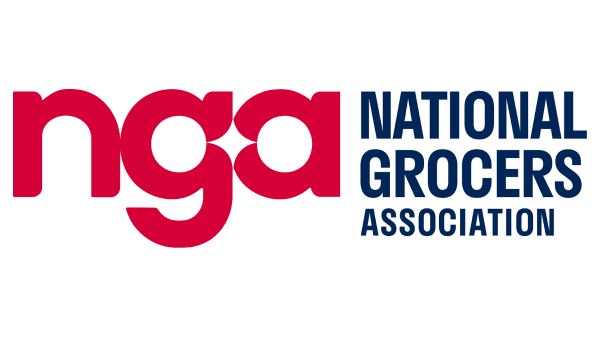November 16, 2022 Washington, D.C. – The National Grocers Association BB #:163424, the national trade association representing the independent supermarket industry, responded to the final ruling on the proposed U.S. Food and Drug Administration (FDA) rule, “Requirements for Additional Traceability Records for Certain Foods.”
The rule aims to establish additional traceability recordkeeping requirements for persons who manufacture, process, pack or hold foods the FDA has designated for inclusion on the Food Traceability List (FTL). Specifically, the rule requires these entities to establish and maintain records containing Key Data Elements (KDEs) associated with different Critical Tracking Events (CTEs). The compliance date for all persons subject to the recordkeeping requirements is Tuesday, Jan. 20, 2026.
“Grocers are a customer’s last touch, and often times the face of our vastly diverse food supply chain, and in turn, makes product recalls an established part of our members operations,” said Stephanie Johnson, NGA vice president, government relations. “Having the safest food supply chain in the world is a common goal shared among stakeholders. However, while we appreciate FDA’s efforts, this final rule unfortunately does not take an approach that provides flexibility for smaller operators as intended by Congress.”
NGA had submitted comments to the FDA on the proposed rule and participated in listening sessions to outline concerns, including the expanded scope and complexity of the proposed rule, the implementation phase-in period, and requirements of persons subject to the rule to produce a sortable electronic spreadsheet within 24 hours as foods including cheese, eggs, nut butters, some fresh fruits and vegetables, fish, and ready-to-eat deli salads move through the supply chain.
“Smaller retailers will be disproportionately impacted by this final rule as it will be expensive to implement and require additional labor that many stores cannot spare,” Johnson said.
Additionally, NGA believes the new rule exceeds the FDA’s statutory authority. The Food Safety Modernization Act explicitly prohibits case-level tracking and electronic recordkeeping, both of which are included as requirements in this rule.
“NGA and independent community grocers across the country are fully committed to working collaboratively with industry partners and government to address ongoing concerns and developing common sense solutions moving forward,” Johnson said.
NGA will continue analyzing this rule to understand the full impact on our members and share resources as they become available.
About NGA
NGA is the national trade association representing the retail and wholesale community grocers that comprise the independent sector of the food distribution industry. An independent retailer is a privately owned or controlled food retail company operating a variety of formats. The independent grocery sector is accountable for about 1.2 percent of the nation’s overall economy and is responsible for generating more than $250 billion in sales, 1.1 million jobs, $39 billion in wages and $36 billion in taxes. NGA members include retail and wholesale grocers located in every congressional district across the country, as well as state grocers’ associations, manufacturers and service suppliers. For more information about NGA, visit www.nationalgrocers.org.
601 Pennsylvania Ave. NW
Suite 375N
Washington, DC 20004
Contact: NGA Communications Office
202-938-2584
communications@nationalgrocers.org



